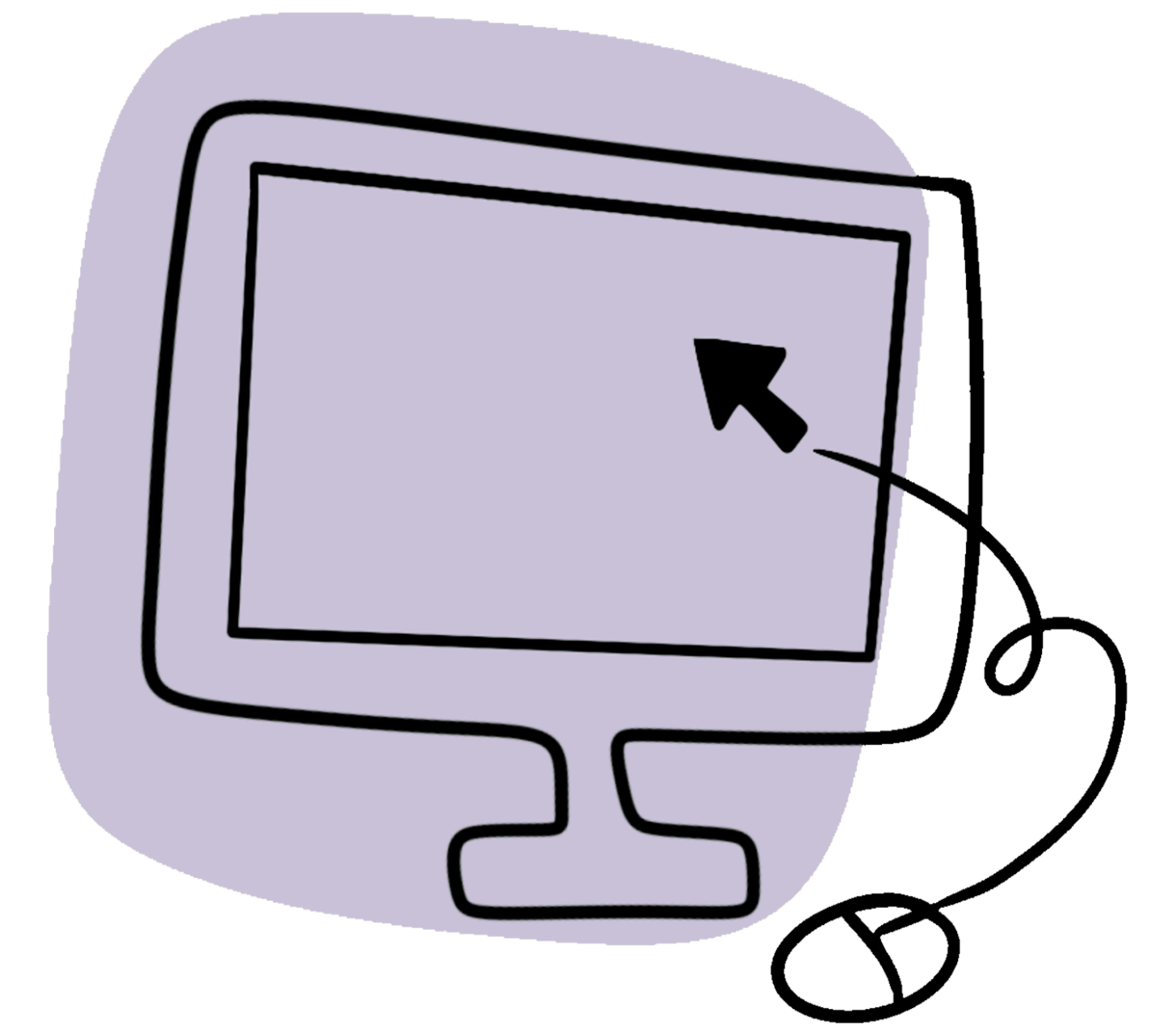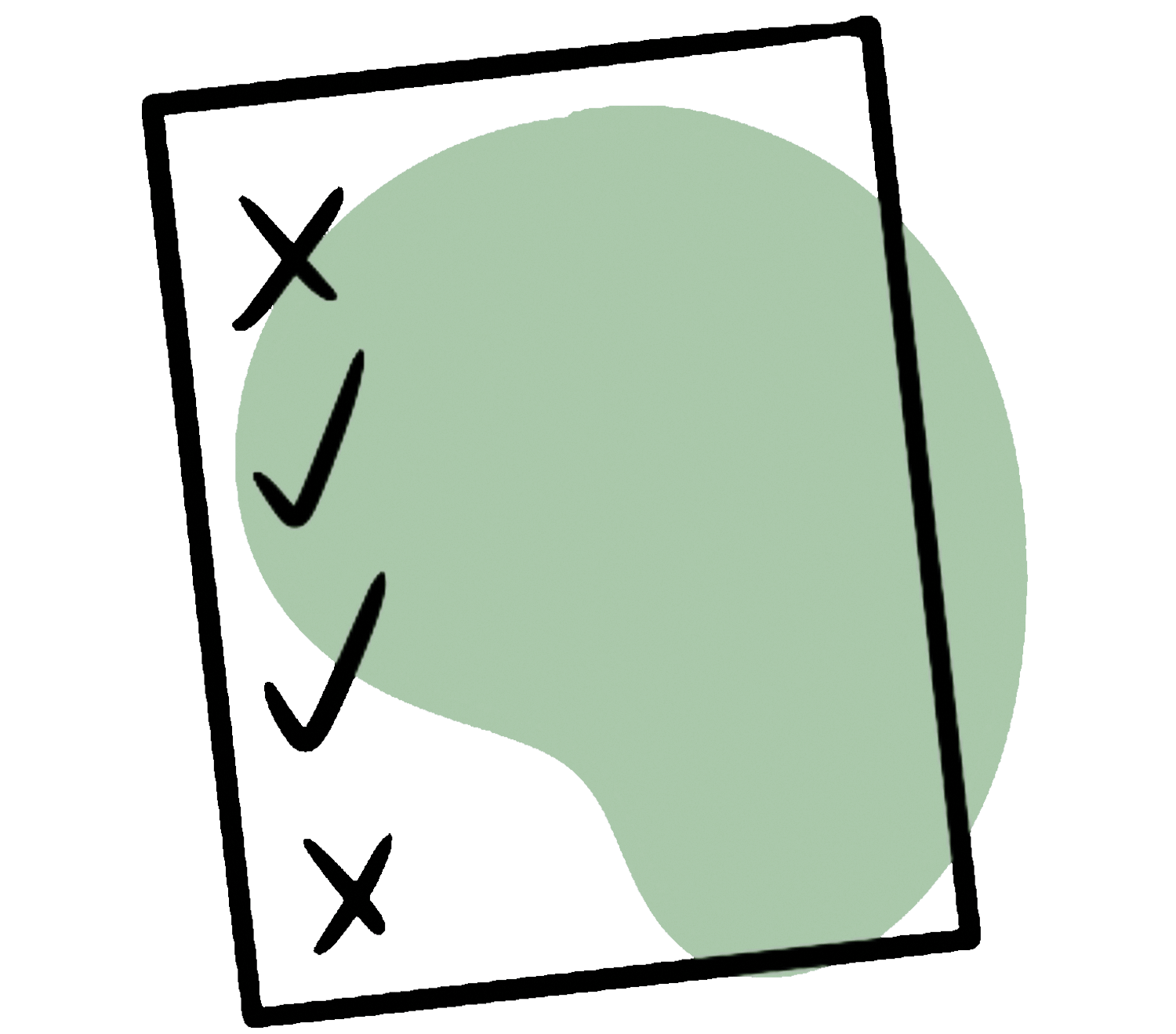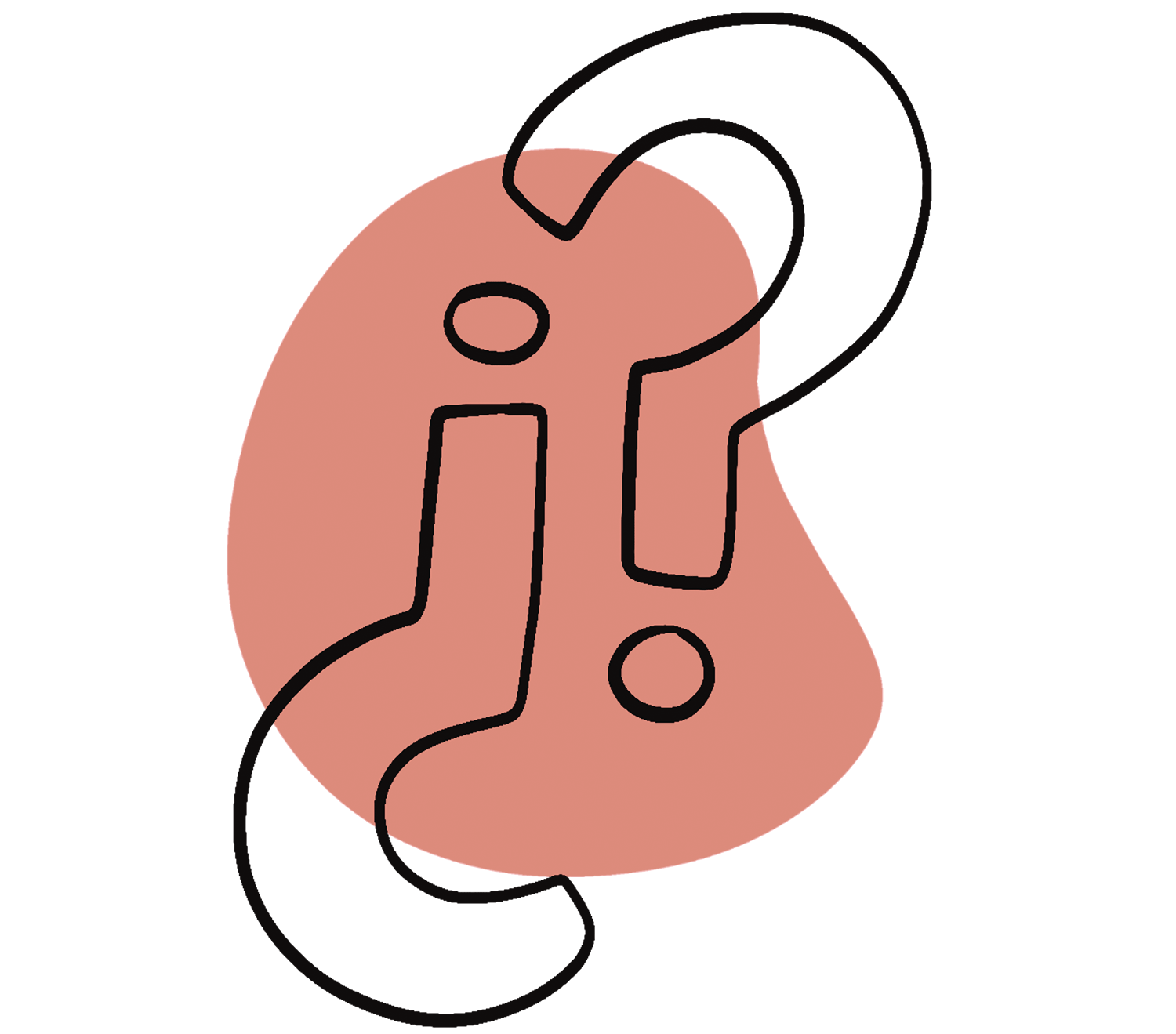
In the discussion, you assess what your results mean, to what extent you have achieved your objectives, and what recommendations may arise from your results.


“In experimental and theoretical theses, the discussion is the most important part of the paper: This is where it becomes clear whether you can interpret data, answer open questions based on measurements, identify problems, identify causes, highlight shortcomings, and raise new questions. This chapter is your chance to convince the examiners of your competence.”
– Prof. Dr. Michael Zwanger
- You assess your results by taking the experimental conditions into account and conducting an error analysis.
- You also establish the connection between the results and the theory, and explain possible deviations from any existing theoretical predictions. This is followed by a comparison with experimental results from research.
- Finally, you relate all previous chapters to each other so that you can derive consequences for research or development. The results of other authors are used to confirm your own findings or to highlight new insights. Recommendations for action may also be given.

“In development theses, this part is not necessarily required as a separate chapter; the content may be more appropriately distributed among the surrounding chapters without having to introduce an explicit “Discussion” chapter.”
– Prof. Dr. Matthias Hopf

What is covered in the discussion section?
In the discussion section, the previously presented results are evaluated and interpreted in relation to the initial situation. Here you can also discuss the strengths and weaknesses of the experimental design and show whether and how an experiment could be optimized in future research.
What should I pay attention to in the discussion section?
Discussion does not mean giving your personal opinion, but providing a fact-based interpretation of your results and their classification.
What should my discussion section aim to do?
You explain what the results of your work mean, to what extent you have achieved your objectives, and what recommendations may arise from your results.
This article was published in August 2025 and last updated in November 2024.






